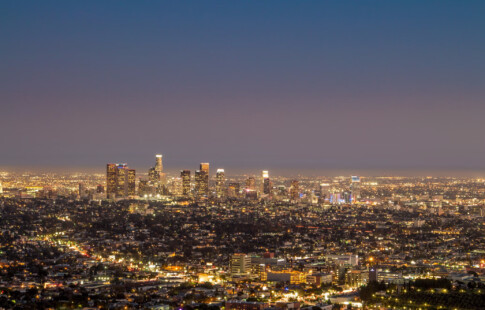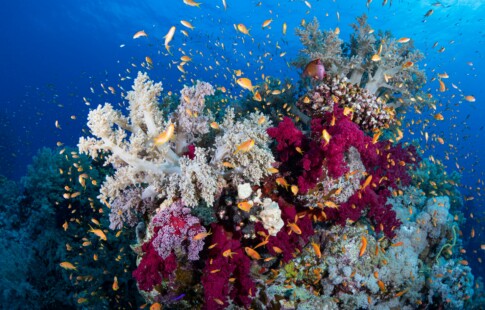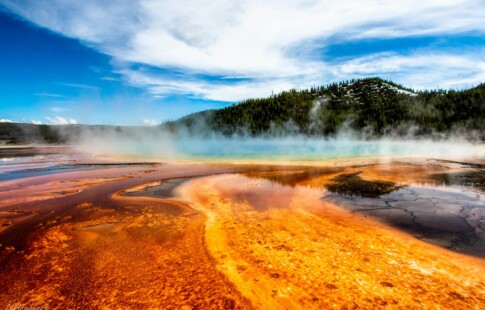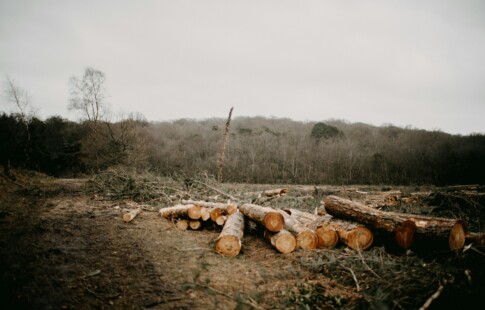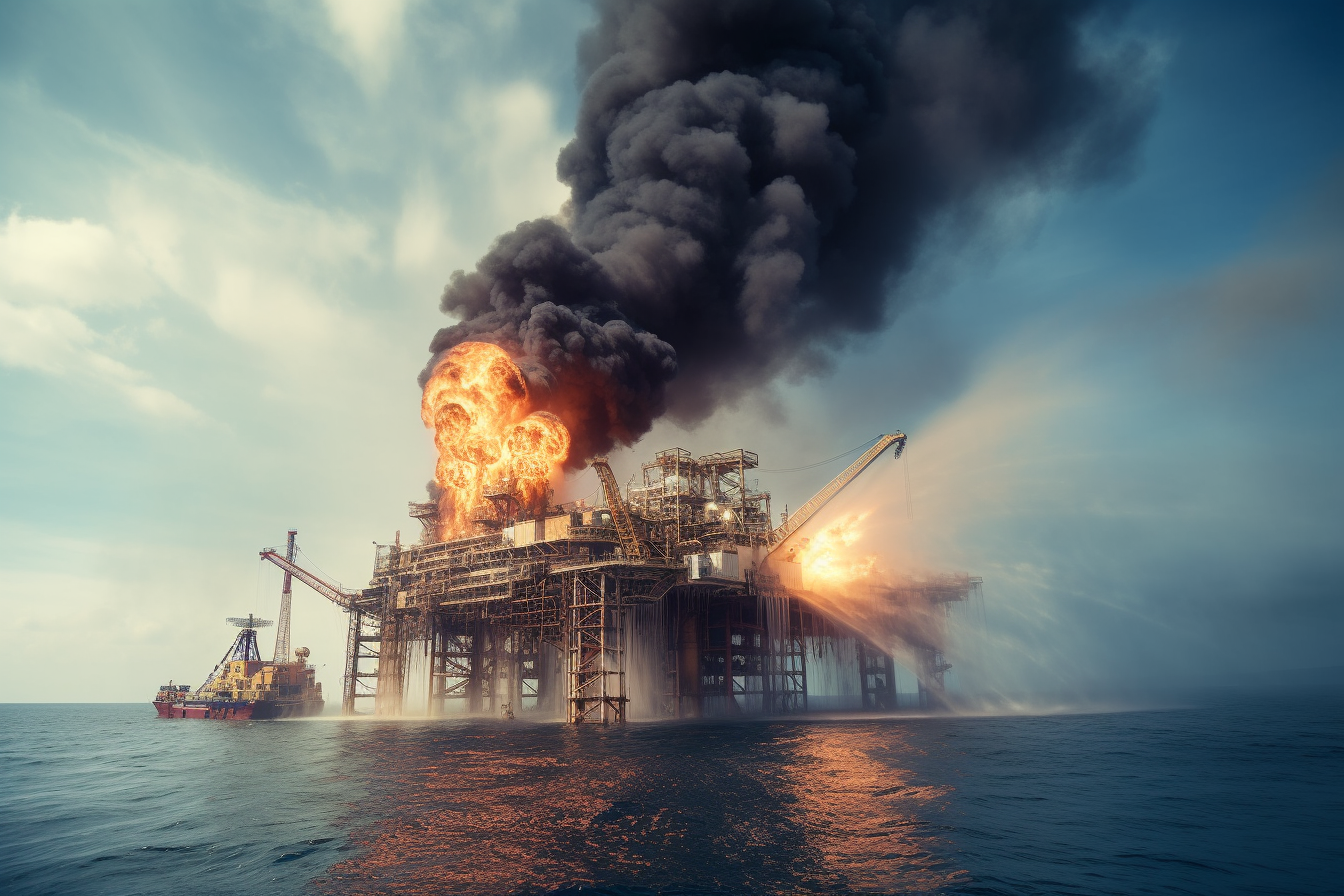
The Causes and Effects of Oil Spills
We are reader-supported. When you buy through links on our site, we may earn affiliate commission.
As oil and gas prices rise, individuals look to renewables for economic and environmental support. Solar and wind power can reduce atmospheric and surface-level pollution. Most surface-level oil contamination comes from massive spills.
When oil accumulates on land or in the ocean, it degrades ecosystems. There are various causes and effects of oil spills, which prevention professionals must assess. Engineers, rig operators and other oil industry workers can practice environmental conservation by enhancing their awareness.
What Causes Oil Spills?
Oil spills happen on rivers, in the ocean and on bays. Most spills derive from tanker accidents. When oil tankers collide with marine objects, severe damage can cause leaks.
Spills may also occur on land from pipeline damage and insufficient drilling practices. Natural disasters can additionally influence oil spills. Storm surges and high winds may damage rigs, pipelines, barges, storage centers and more.
The final cause of oil spills is malicious behavior. Terrorists and war criminals may intentionally damage pipelines and oil rigs to deplete their opponents’ resources. When mass qualities of oil invade the environment, local ecosystems and society’s health suffer adverse effects.
How do Spills Impact the Environment?
A significant oil spill effect is biodiversity loss. Marine animals may ingest oil as it pollutes their natural habitats. When creatures consume the oil, they may experience ulcers, bleeding, gastrointestinal irritation and other digestive issues.
Aquatic animals also experience liver damage, anemia, respiratory complications and emphysema in oil-polluted habitats. Spills also adversely affect the environment by degrading coral reefs. When petroleum settles on the ocean floor, it interferes with adult coral reproduction.
Coral reefs regularly experience high levels of ultraviolet (UV) radiation. UV light can increase the toxicity of petroleum components. It may also adversely affect algae production.
Maintaining regular algae development is essential to aquatic oxygen levels. The over or undergrowth of marine vegetation can create uninhabitable regions. It also causes forced migration, which endangers aquatic creatures.
How do Spills Impact Human Health?
Oil spills can also adversely affect society’s health and well-being. Some spills derive from rig explosions, impacting maintenance workers and operators directly. Researchers also evaluated the long-term health effects of oil spills on indigenous individuals in the Amazon.
Residents of the Amazon displayed concerning health complications following an oil spill. They experienced reproductive damage, respiratory difficulties, cancer, immunity deficiencies and other severe health effects. Researchers also found spill cleanup professionals had high mercury levels in their urine.
Oil can also work its way up the food chain and end up on individuals’ plates around the world. When consumers ingest petroleum, they may develop lipid pneumonia. Individuals must consume large amounts of oil to create toxic oil syndrome (TOS).
Operators and oil workers may protect society’s health and well-being by increasing their awareness. Exploring major oil spills throughout history can help individuals prevent future disasters. Individuals may assess the causes and effects of three historic spills to expand their education.
The Causes and Effects of Oil Spills Throughout History
One notable oil spill caused by the BP gas company polluted the Gulf of Mexico. In 2010, an offshore oil rig caught fire and exploded. About 17 workers suffered injuries, and 11 died.
Operators on the Deepwater Horizon rig noticed unusual pressure readings during an inspection before the explosion. They failed to report the issue and their response measures during the explosion were insufficient. Another direct cause of the spill was poor concrete placement.
Some oil spills derive from criminal activity or collisions, but the BP occurrence came from human error. The Persian Gulf War spill is another significant disaster in history. It was an act of terrorism performed by Saddam Hussein on Kuwaiti.
The terrorist group ignited hundreds of oil wells. The third significant event was the Castillo de Bellver oil spill. A fire on the oil tanker caused the vessel to break into two pieces and capsize.
When the ship reached the ocean floor, it polluted the aquatic ecosystem with petroleum. After exploring three causes and effects of oil spills, rig operators and oil workers can take preventative measures to protect themselves and the environment.
How Can Oil Workers Prevent Spills?
Oil workers can prevent future spills by engaging in active protection measures. They may conduct thorough inspections regularly and report any unusual data. Government officials should also provide extra protection for rigs during wars or terrorist activity.
Engineers can also aid in oil spill prevention by creating compelling safety features. Safety measures may minimize spill risks during crashes or capsizing. Over time, oil spill prevention measures can protect humans’ health and the environment.
Share on
Like what you read? Join other Environment.co readers!
Get the latest updates on our planet by subscribing to the Environment.co newsletter!
About the author

Jane Marsh
Starting from an early age, Jane Marsh loved all animals and became a budding environmentalist. Now, Jane works as the Editor-in-Chief of Environment.co where she covers topics related to climate policy, renewable energy, the food industry, and more.
